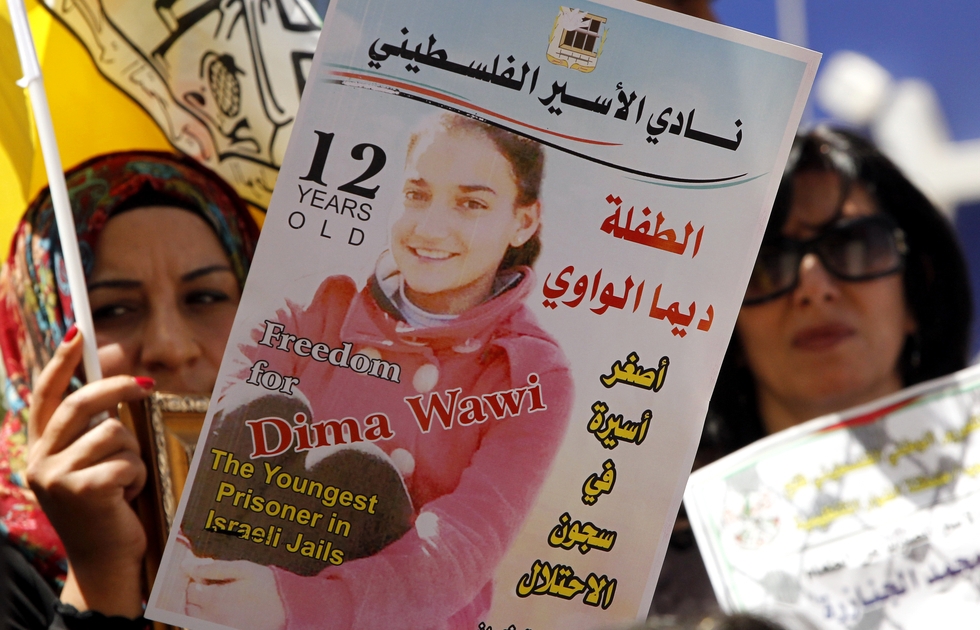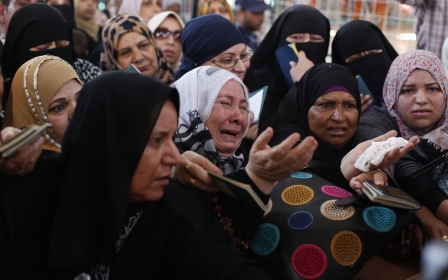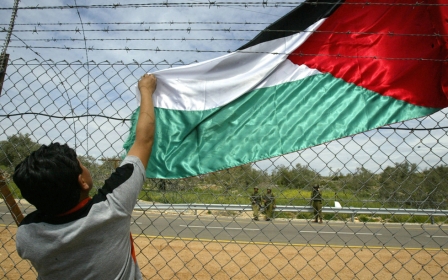UNICEF says 25 Palestinian children killed in three months

Twenty-five Palestinian children were killed in the last three months of 2015 during a wave of anti-Israeli attacks and the number detained was the highest in seven years, the UN children's agency said on Saturday.
"Serious concerns arose regarding excessive use of force, particularly in relation to incidents where Palestinian children were shot dead by Israeli security forces after carrying out or being suspected of carrying out stabbing attacks," UNICEF said in a report.
It said more than 1,300 Palestinian children were injured during the spike in attacks, almost all in the West Bank and East Jerusalem, while three Israeli children were hurt in the West Bank and West Jerusalem.
UNICEF cited the example on 25 October in Hebron in the West Bank of a 17-year-old girl who was "taken by IDF [Israel Defence Forces] soldiers for a search, shot with at least five bullets and killed".
"Israeli authorities said that she had attempted to stab a policeman, however, an eyewitness stated that she was not presenting any threat at the time she was shot, and was shouting that she did not have a knife," it said.
Compared with the high toll for the October-December period, UNICEF recorded four Palestinian children killed and 165 injured between July and September last year.
UNICEF also voiced alarm over the number of Palestinian children aged between 12 and 17 held by the Israeli army, noting the tally stood at 422 at the end of December, according to the Israeli prison service, the highest recorded since March 2009.
Israeli law allows Palestinian children from the age of 12 to be put on trial.
Since the October outbreak of unrest, 204 Palestinians and 28 Israelis have been killed. Most of the Palestinians killed were carrying out knife, gun or car-ramming attacks, Israeli authorities say.
New MEE newsletter: Jerusalem Dispatch
Sign up to get the latest insights and analysis on Israel-Palestine, alongside Turkey Unpacked and other MEE newsletters
Middle East Eye delivers independent and unrivalled coverage and analysis of the Middle East, North Africa and beyond. To learn more about republishing this content and the associated fees, please fill out this form. More about MEE can be found here.




